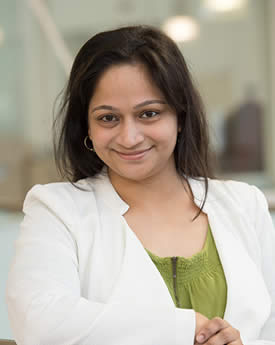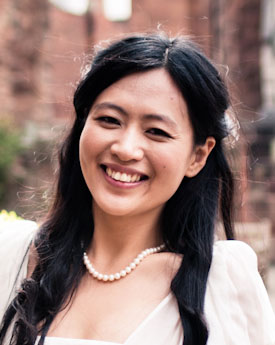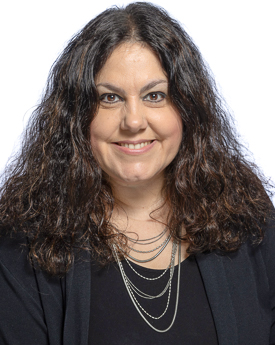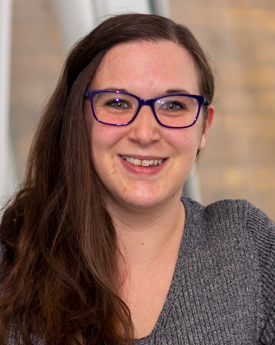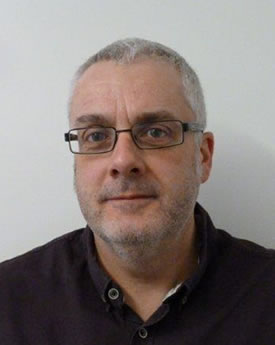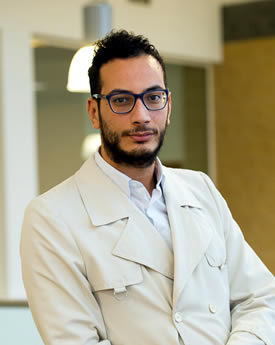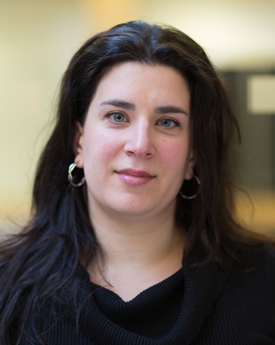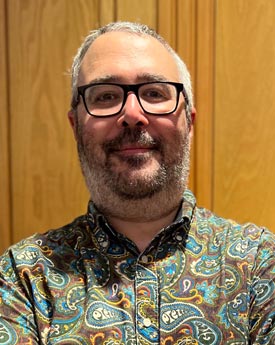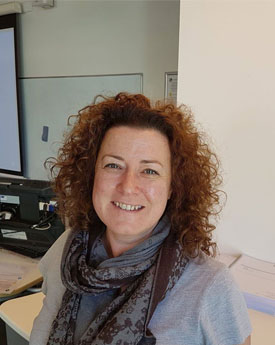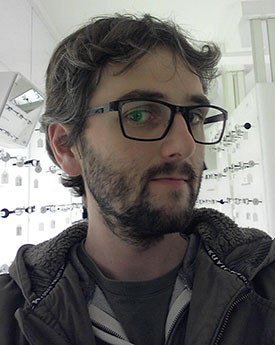Our research
Our research sets the agenda in debates about human resource management, work and employment relations; ethics, sustainability and management, and information, technology and society.
This is part of a broader programme to advance studies of the role and effects of organisations, management and leadership and in contemporary society.
Underlying our contributions is an interdisciplinary research approach. Our department members are drawn from diverse backgrounds. This allows us to bring broad social sciences perspectives and the humanities and life sciences into our studies.
These interdisciplinary perspectives are crucial to reshaping management research and education in the 21st century, reflecting the need to bring fresh approaches to the demands of dealing with societal, economic and climate crises.
Members of the department participate in international research collaborations, including with colleagues in Australia, Brazil, Denmark, The Netherlands, Sweden, Italy, New Zealand and France, amongst others.
Research areas
Our departmental research covers various topics in organisation, work and technology organised into four main areas:
- Human resource management, work and employment relations
- Ethics, sustainability and management
- Information, technology and society
- Organisation, management and society
These sit alongside collaborative work with funded research projects and research centres across the Management School and Lancaster University, along with our research in the following Centres:








